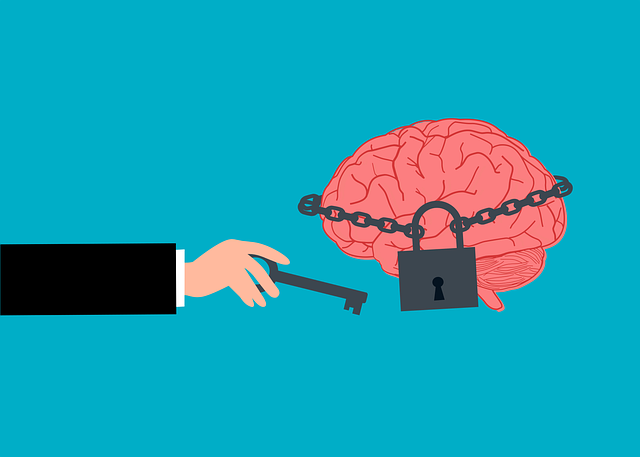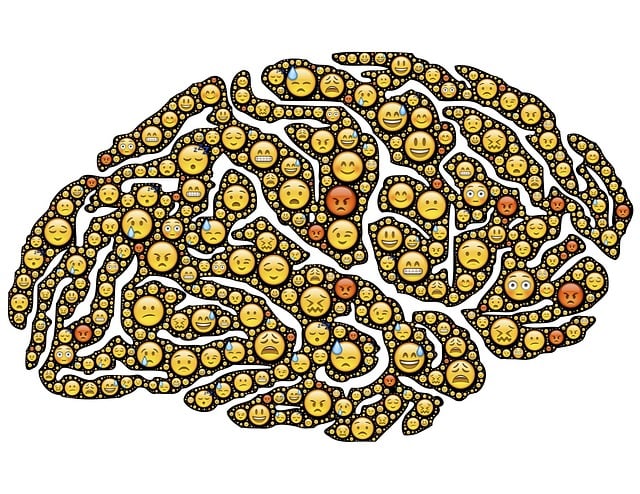Mental wellness is a holistic state encompassing emotional, psychological, and social well-being, crucial for navigating life's challenges effectively. Early recognition of conduct disorders, like ODD, through signs like aggression or property damage, is key for successful treatment with evidence-based therapies like Parker Conduct Disorder Therapy (PCDT). PCDT focuses on modifying thought patterns and emotional responses to teach new coping skills, preventing burnout for patients and healthcare providers. A supportive environment, including group therapy and mindfulness exercises, alongside tailored interventions and social skills training, enhances mental wellness outcomes. Long-term maintenance requires holistic practices like positive thinking, stress reduction, physical activity, and community engagement.
Mental wellness is a cornerstone of overall health, influencing every aspect of our daily lives. This article explores vital strategies for promoting mental wellness and addressing conduct disorders in children and adolescents. We delve into the impact of mental health on everyday functioning and introduce effective approaches like Parker Conduct Disorder Therapy for behavioral modification. Additionally, we highlight creating supportive environments and self-care practices to foster long-term mental wellness.
- Understanding Mental Wellness and Its Impact on Daily Life
- Identifying Signs of Conduct Disorders in Children and Adolescents
- Parker Conduct Disorder Therapy: An Approach to Behavioral Modification
- Creating a Supportive Environment for Enhancing Mental Health
- Self-Care Strategies for Maintaining Long-Term Mental Wellness
Understanding Mental Wellness and Its Impact on Daily Life

Mental wellness is a state of emotional, psychological, and social well-being where individuals can thrive and cope with life’s challenges. It encompasses various factors, including one’s ability to manage stress, maintain healthy relationships, and make meaningful contributions to society. Understanding mental wellness involves recognizing that it affects every aspect of our daily lives, from how we interact with others to our decision-making processes and overall sense of contentment.
Promoting mental wellness is crucial for fostering a productive and harmonious society. Issues like conduct disorders, which can be effectively addressed through Parker Conduct Disorder Therapy, highlight the importance of early intervention and support. Social Skills Training and Compassion Cultivation Practices have been recognized as powerful tools in enhancing mental well-being, particularly in communities where Public Awareness Campaigns Development can play a pivotal role in reducing stigma and encouraging help-seeking behaviors.
Identifying Signs of Conduct Disorders in Children and Adolescents

Recognizing conduct disorders early on is crucial for effective intervention and treatment, especially when it comes to Parker Conduct Disorder Therapy. Children and adolescents may exhibit a range of signs that indicate underlying behavioral issues. These can include persistent aggression towards people or animals, frequent destruction of property, lying, theft, and violations of the rights of others. It’s important for parents, caregivers, and educators to be vigilant in observing these behaviors, as early detection can significantly impact a child’s long-term mental health.
Promoting resilience building through self-awareness exercises and coping skills development is an integral part of addressing conduct disorders. Encouraging open communication, teaching problem-solving strategies, and fostering healthy relationships can all contribute to positive behavioral changes. By implementing these strategies alongside professional therapy, individuals can develop the necessary tools to manage their emotions and behaviors, leading to improved mental wellness outcomes.
Parker Conduct Disorder Therapy: An Approach to Behavioral Modification

Parker Conduct Disorder Therapy is a powerful approach to behavioral modification, offering hope and effective solutions for individuals struggling with conduct disorders. This therapeutic method, inspired by the work of Dr. Robert Parker, focuses on addressing problematic behaviors by identifying and modifying underlying thought patterns and emotional responses. By understanding the root causes of conduct issues, such as oppositional defiant disorder (ODD) or more severe antisocial behaviors, therapists can tailor interventions to support positive changes.
This strategy emphasizes the importance of teaching individuals new coping skills and promoting healthier alternatives to existing disruptive behavior. Through structured activities and personalized guidance, Parker Conduct Disorder Therapy aids in burnout prevention for both patients and healthcare providers, as it empowers participants to manage anxiety relief effectively. By implementing these strategies, especially in the context of Burnout Prevention Strategies for Healthcare Providers, the approach ensures a holistic mental wellness promotion, fostering better outcomes and improved quality of life.
Creating a Supportive Environment for Enhancing Mental Health

Creating a supportive environment is pivotal in enhancing mental health, especially for individuals navigating challenges like Parker Conduct Disorder. This involves fostering a sense of belonging and safety where one feels understood and accepted. Through strategies such as group therapy sessions or community support groups, people can connect with peers facing similar struggles, providing a network of support that strengthens their inner strength development.
In this environment, promoting healthy coping mechanisms becomes more accessible. Implementing stress reduction methods like mindfulness exercises, cognitive behavioral therapy (CBT), and social skills training can significantly contribute to an individual’s well-being. These techniques empower people to manage stress effectively, improve communication abilities, and develop positive relationships—all essential components in nurturing mental wellness.
Self-Care Strategies for Maintaining Long-Term Mental Wellness

Maintaining long-term mental wellness involves incorporating self-care strategies into daily routines. This can include practicing positive thinking, setting boundaries to prevent burnout, and engaging in activities that promote relaxation and stress reduction. Mindfulness exercises, such as meditation or deep breathing, have been shown to be effective in managing anxiety and improving overall well-being. Regular physical activity, a balanced diet, and adequate sleep are also crucial components of mental health maintenance.
Additionally, social skills training can play a significant role in fostering meaningful connections and supporting mental wellness. Building and nurturing relationships provides a sense of belonging and purpose, which is essential for resilience against challenges like Parker Conduct Disorder. Engaging in social activities, joining support groups, or even participating in community service can all contribute to a robust mental health framework.
Mental wellness is a cornerstone of overall health, and promoting it in daily life is crucial. By understanding the impact of mental health on our lives and recognizing signs of conduct disorders early on, we can create supportive environments that foster growth. Parker Conduct Disorder Therapy offers a proven approach to behavioral modification, while self-care strategies ensure long-term mental wellness. Integrating these elements into our communities and personal routines empowers us to navigate life’s challenges with resilience and emotional equilibrium.














